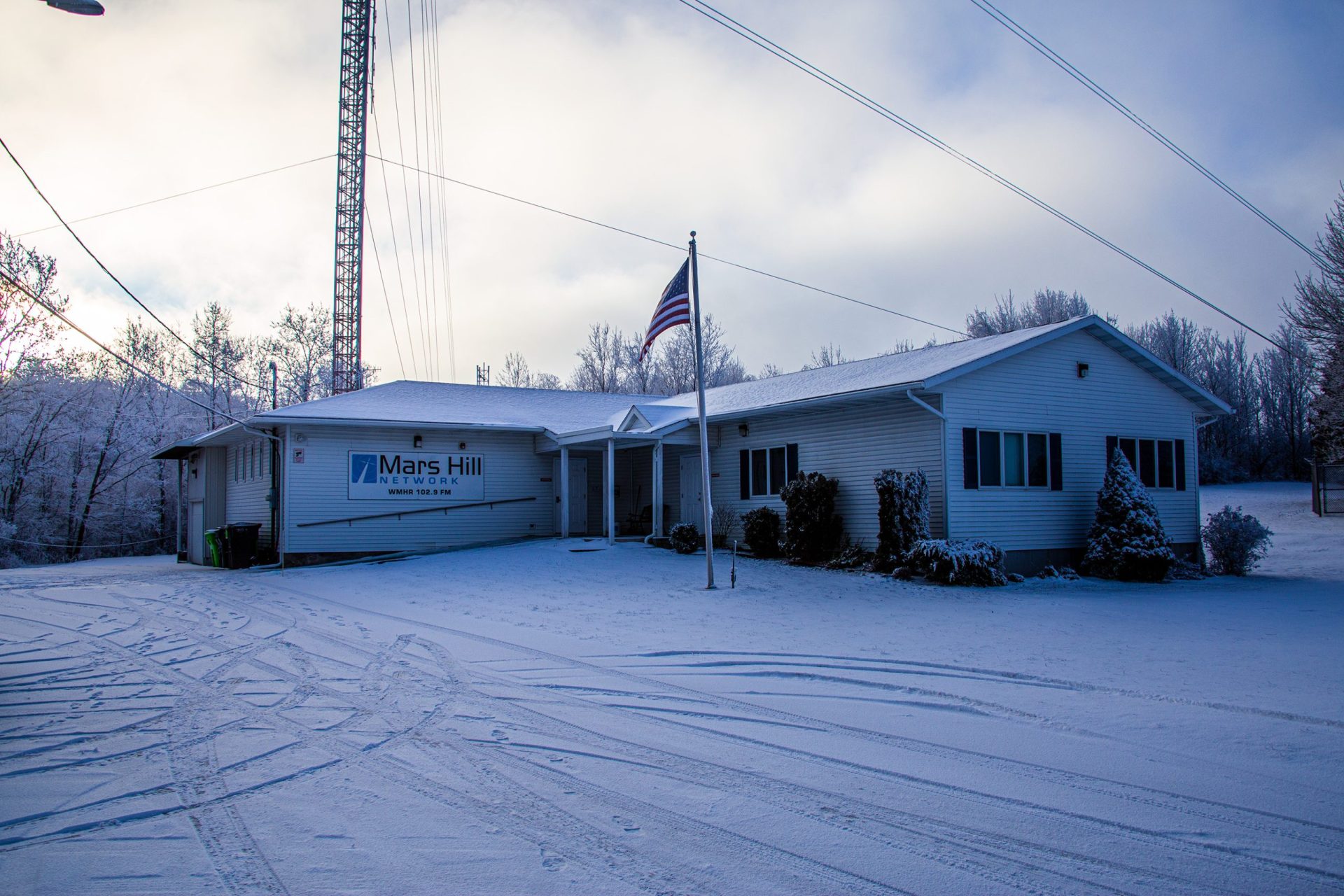Funeral for monk shot by soldiers highlights Myanmar army’s delicate relationship to Buddhist clergy
Written by on June 27, 2024
[[{“value”:”
BANGKOK (AP) — Hundreds of people attended the funeral on Thursday of a senior monk who was fatally shot by soldiers in an incident that could undermine the cozy relationship that Myanmar’s military government has tried to maintain with the country’s Buddhist clergy.
The body of 78-year-old monk Bhaddanta Munindarbhivamsa was carried on a vehicle in the design of a Karaweik barge — an ornate vessel with a golden image of a mythical bird at its bow — through crowds from a temple in the city of Bago where it had been kept for the past week for mourners to pay their respects.
The mock barge was accompanied by more than a hundred other vehicles and a long procession of monks and devotees to a newly built pyre at a cemetery on the outskirts of the city for cremation.
Buddhist clergy are extremely influential in Myanmar, an overwhelmingly Buddhist nation in which the religion is deeply entwined with tradition and culture.
The killing of Bhaddanta Munindarbhivamsa, a retired member of the State Sangha Mahanayaka Committee, the monastic organization overseeing the Buddhist clergy, drew outrage, especially because the military government initially lied and blamed it on resistance fighters opposed to army rule.
Myanmar’s military junta came to power in February 2021 after the army ousted the democratically elected government of Aung San Suu Kyi. After security forces used deadly force to suppress nonviolent protests, armed resistance arose and the country is now in a civil war.
The military, which likes to portray itself as the guardian of Buddhism, has worked hard to keep the clergy on its side to try to bolster its legitimacy, devoting resources to construction and repair of religious structures and donating money and gifts to monasteries and senior monks.
State media earlier this month publicized the head of the military government, Senior Gen. Min Aung Hlaing, donating limousines to senior monks in the State Sangha Mahanayaka Committee,
Historically, monks played major roles in resistance to British colonial rule, and in more recent times, previous military governments. Monks have taken part in protests against the 2021 takeover, and some have allied themselves with armed resistance forces.
Bhaddanta Munindarbhivamsa, who had been serving as the abbot of a monastery in Bago where hundreds of young monks from around the country come to learn Buddhist scripture, was traveling in a car in the central region of Mandalay on June 19 when it was fired upon by soldiers on a truck.
However, state-run MRTV television announced that night that the monk had died in an explosion of a landmine planted by a local unit of the People’s Defense Force, which is the loosely organized armed resistance movement opposed to military rule.
That explanation was discredited the next day when another monk who had been traveling in the car announced details of the incident to monks and devotees at the monastery in Bago.
Bhaddanta Gunikabhivamsa said soldiers fired seven or eight shots at the car, killing his senior colleague and wounding the driver and himself. Videos of him delivering the explanation were widely shared on social media, causing outrage at both the soldiers and state media for trying to cover up the killing.
The military government, faced with a major public relations debacle, was forced to quickly backtrack as the surviving monk’s account spread, acknowledging that soldiers had shot the monk.
Min Aung Hlaing sent Religious Affairs and Culture Minister Tin Oo Lwin on Monday to read his apology at the late monk’s monastery.
In the statement, Min Aung Hlaing expressed his deep grief for the death of the monk but also said the security forces had to shoot at the civilian vehicle because it did not pull over when ordered to stop as it had been driving at high speed with its windows closed in an area where the resistance was reportedly active.
Min Aung Hlaing said an investigation of the incident by high-ranking officials had begun and that the military government would continue to serve the interests of the Buddhist religion by working together with monks.
The military government’s efforts to win support among senior clergy builds on the army’s long-standing alliance with right-wing monks who share their ultranationalist views and have their own followers who can be mobilized for political action.
The monk who was killed was one of several senior clergy members who have publicly denounced the army’s 2021 seizure of power.
He and 10 other monks signed a protest letter that was posted on Facebook a few days after the takeover that accused the army of destroying the country’s development and the hopes of its youth. The letter has resurfaced since his death and has circulated widely on social media.
Brought to you by www.srnnews.com“}]]




